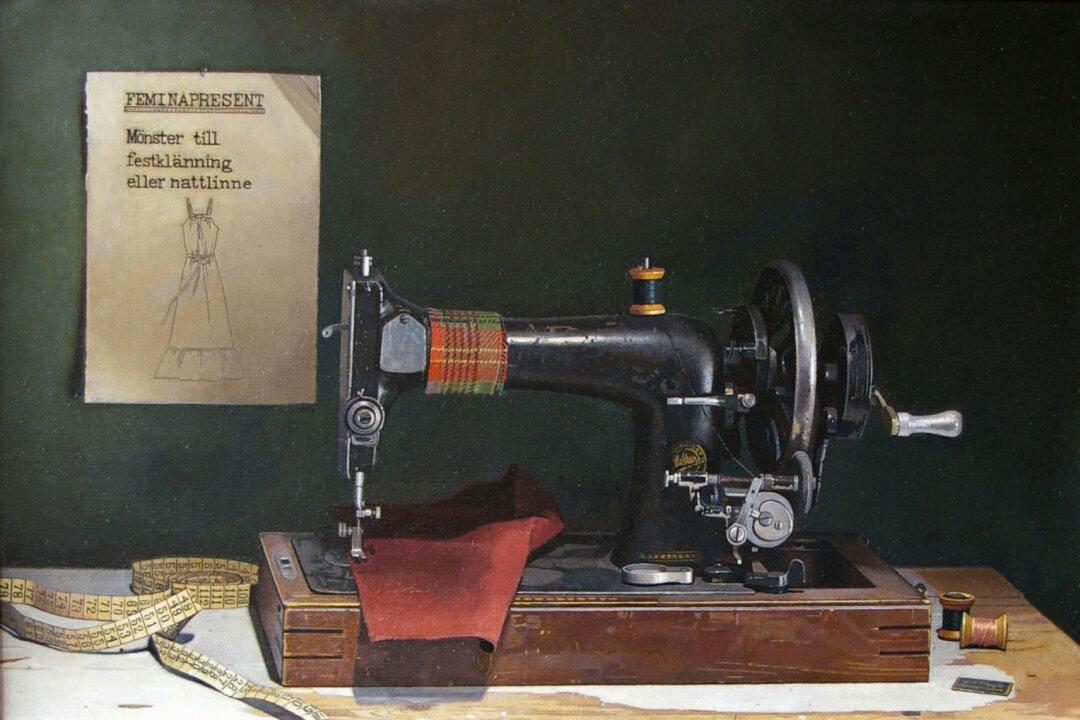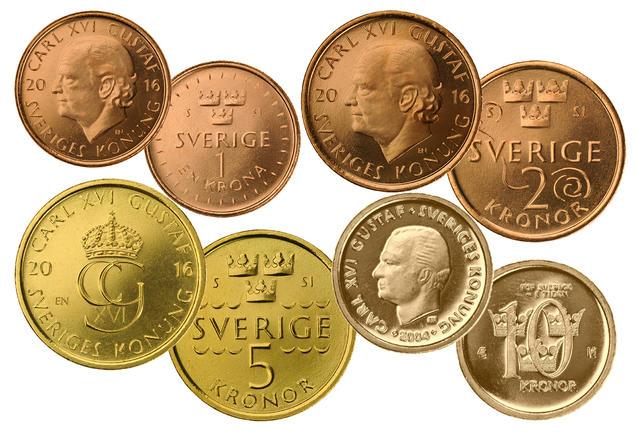STOCKHOLM - Swedish farmers and scientists have realized that ground domestic mussels – ’musselmeal' – could replace other sources of protein in chicken feed. Today, Sweden imports GMO-free soy from Brazil, which is both expensive and contributes to deforestation. Fishmeal is another controversial source, as overfishing is a major international concern.
Farmed mussels provide high quality protein and is a good alternative from an environmental point of view, as the growing process helps rid the ocean of excessive nitrogen and phosphorus, both of which are byproducts of commercial agriculture. With the right setup, it might even form a small cycle.
“What is appealing is mainly that the musselmeal is produced locally,” said Maria Karlsson at Mällby farm on the Island of Tjörn on the Swedish west coast. “The mussels help to clean the ocean from substances in the chicken waste.”
Her farm is part of a pilot project where musselmeal is used for chicken feed for her free-range organic chickens. Her vision was to feed them grains from nearby farms, but she found that they needed a protein supplement.
“Chickens love the musselmeal, and consumers love the eggs they produce. Mällby farm delivers free-range organic eggs to both local stores and restaurants, as well as organic stores. As it turns out, customers even prefer them over regular organic eggs. Their yolk is a deeper shade of yellow, and they are great in pancakes and mayonnaise”, Ms Karlsson said.
Mällby farm is home to 2,500 chickens, and is run manually – the feed is delivered with a wheelbarrow, and the eggs are collected by hand, some 2,000 a day.
The project is coordinated by Odd Lindahl, associate professor at the Royal Swedish Academy of Science. He says that Sweden has made great progress in this area. As far as he knows, most mussel farmers, Swedish included, are focused on mussels for human consumption, but Sweden has come a long way with the environmental aspect.
“We should grow more mussels because it’s good for the marine environment,” he said. “That means we need to find ways to utilize them as well.”
The pilot mussel facility in Ellös, on the Island of Orust, delivers musselmeal to several research projects. There is a positive buzz around it, but at the moment the production – which relies on leftover mussels from farms that grow mussels for human consumption – is too expensive to be commercially viable. One ton of mussels only produces 50 kilos of musselmeal, after the water and the unsuitable parts are discarded.
If mussel farmers were compensated for their environmental work, however, like the way farmers are compensated for keeping nutrient salts on land, it might be a different story. That way, musselmeal might be produced at a profit, Professor Lindahl said.
According to his calculations, 50,000 tons of mussels would rid the ocean nearby Sweden of 20% of excessive nitrogen. This particular project ends in 2015, after which it will be evaluated.
Kjell Wejdemar, Doctor of Agronomics at the Swedish Board of Agriculture, indicated that finding alternative protein sources is a pressing issue for the industry. The alternative to musselmeal would be insects, he said.
“If we could grow high-quality protein, that would be great,” he said. “Many people are repulsed by the idea of growing insects like that, however, so that would take some time getting used to.”
The European Commission is currently looking for solutions for protein feed production. If insects or mussels win the race, depends on the production costs, Dr. Wejdemar said.
Meanwhile, Maria Karlsson at Mällby farm hopes to keep feeding her chickens the musselmeal indefinitely, despite the fact that the project ends next year.
“It would be a shame not to keep going,” she said.




